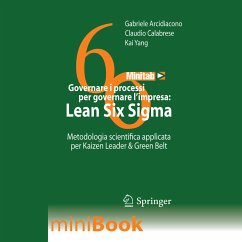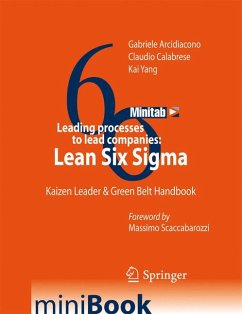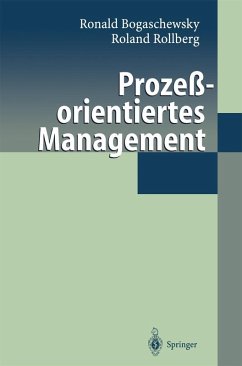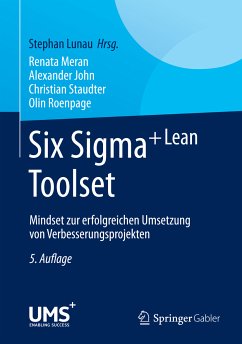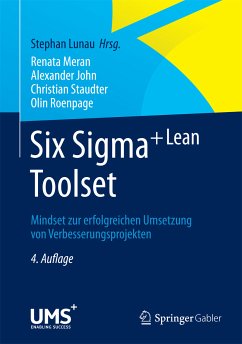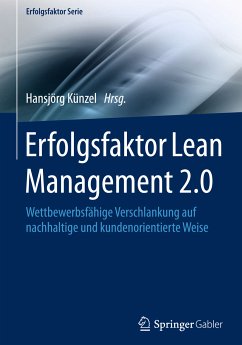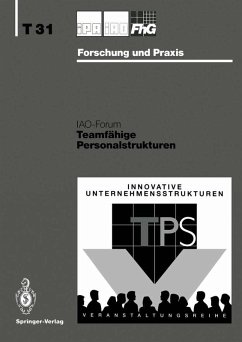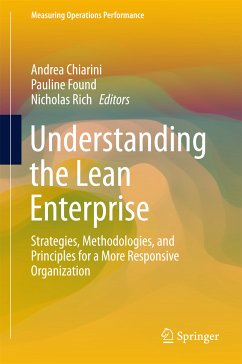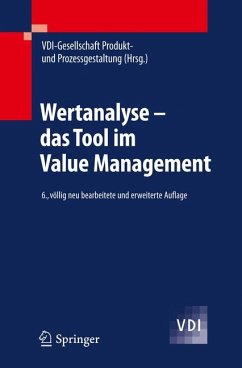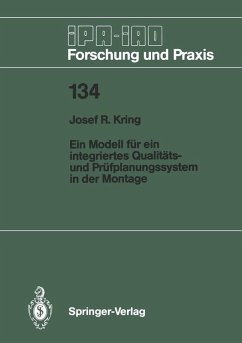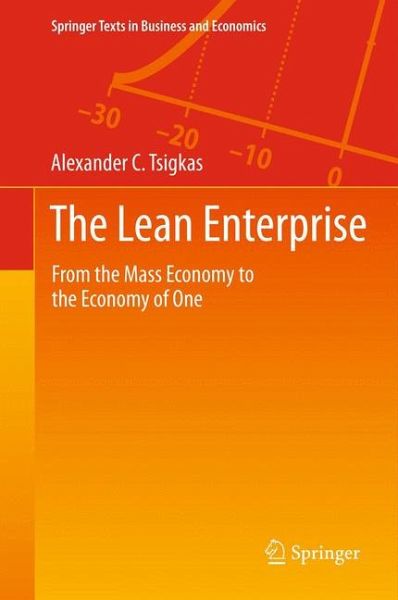
The Lean Enterprise (eBook, PDF)
From the Mass Economy to the Economy of One
Versandkostenfrei!
Sofort per Download lieferbar
Statt: 85,59 €**
72,95 €
inkl. MwSt.
**Preis der gedruckten Ausgabe (Gebundenes Buch)
Alle Infos zum eBook verschenken

PAYBACK Punkte
36 °P sammeln!
The book is divided into three parts.Part I. The Rising economy of "one" gives an overview of what is changing in the social system of production, it refers to the weakening role of central planning and the rising power of individuation in the value creation chain.Part II. Lean Enterprise in theory refers to the principles of lean thinking, the transfer of lean philosophy from East to West and discusses the necessary adaptation to the Western way of thinking and practice. It presents a practice proven method for achieving a lean integrated demand and supply chain and analyses in detail the rel...
The book is divided into three parts.
Part I. The Rising economy of "one" gives an overview of what is changing in the social system of production, it refers to the weakening role of central planning and the rising power of individuation in the value creation chain.
Part II. Lean Enterprise in theory refers to the principles of lean thinking, the transfer of lean philosophy from East to West and discusses the necessary adaptation to the Western way of thinking and practice. It presents a practice proven method for achieving a lean integrated demand and supply chain and analyses in detail the related implementation steps. Criteria for a successful displacement of a company to a lean state are presented.
Part III. Lean Enterprise in practice provides a number of implementation cases in different types of production companies using the method presented in Part II. The goal is to help the reader comprehend how the method can be applied to real lean implementation situations in resolving various issues, ranging from production to the supply chain. A vision of implementation to lean electricity completes the book.
Part I. The Rising economy of "one" gives an overview of what is changing in the social system of production, it refers to the weakening role of central planning and the rising power of individuation in the value creation chain.
Part II. Lean Enterprise in theory refers to the principles of lean thinking, the transfer of lean philosophy from East to West and discusses the necessary adaptation to the Western way of thinking and practice. It presents a practice proven method for achieving a lean integrated demand and supply chain and analyses in detail the related implementation steps. Criteria for a successful displacement of a company to a lean state are presented.
Part III. Lean Enterprise in practice provides a number of implementation cases in different types of production companies using the method presented in Part II. The goal is to help the reader comprehend how the method can be applied to real lean implementation situations in resolving various issues, ranging from production to the supply chain. A vision of implementation to lean electricity completes the book.
Dieser Download kann aus rechtlichen Gründen nur mit Rechnungsadresse in A, B, BG, CY, CZ, D, DK, EW, E, FIN, F, GR, HR, H, IRL, I, LT, L, LR, M, NL, PL, P, R, S, SLO, SK ausgeliefert werden.



